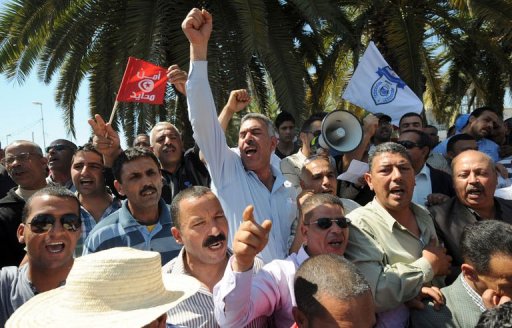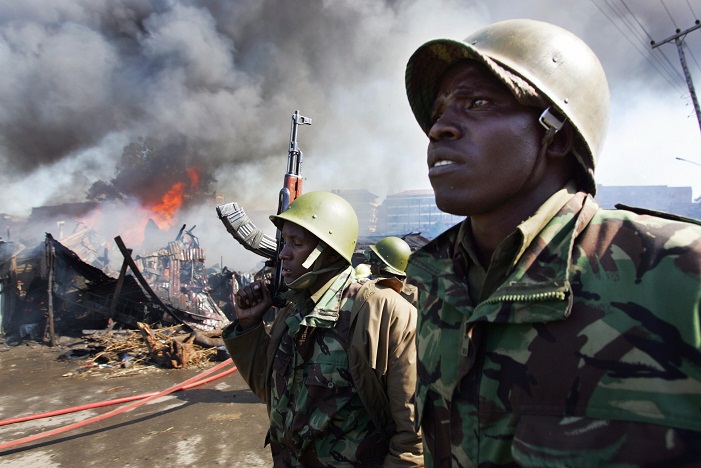The Egyptian general prosecution said on Monday that a team from the Italian Public Prosecutors’ Office will come to Cairo next week to participate in the process of retrieving CCTV footage and recordings related to the killing of Italian student Giulio Regeni, who was found dead in 2016.
“The Rome chief prosecutor has decided to send a delegation headed by his assistant, Sergio Colaiocco, and comprising Italian technical experts to attend the retrieval process, on which both sides pin high hopes to reach the truth about the incident and to uncover its perpetrators,” the Egyptian prosecution’s statement read.
Regini, 28, was a PhD student at the University of Cambridge in the UK and had come to Cairo as a visiting scholar at the American University in Cairo (AUC) to research Egyptian labour unions. He was reported missing on the fifth anniversary of the 25 January revolution. He was last known to be going to Downtown Cairo via the Behouth metro station.
His body was later found and several Italian media outlets have repeatedly levelled accusations that Egyptian security forces arrested, tortured, and then killed him, seeking to extract information concerning labour unions and activists that he had collected in the course of his research.
However, Egypt’s Minister of Interior Magdy Abdel Ghaffar denied the involvement of Egyptian security forces in Regeni’s death at a previous press conference. Abdel Ghaffar denied all speculation published in media outlets criticising the Egyptian police and affirmed that “Egypt is treating Regeni’s case as if it was a case involving an Egyptian.”
Similarly, the spokesperson of the Foreign Ministry refuted statements made by human rights activists and academics about “arbitrary arrests, torture, and disappearances” in the country.
A campaign launched by Amnesty International Italy named “Truth for Giulio Regeni” aims to follow up on the case and ensure that the murder of Regeni “does not end up being forgotten or listed among the many ‘ongoing investigations’, or worse, be forgotten by an ‘official version’ from the government in Cairo.”



